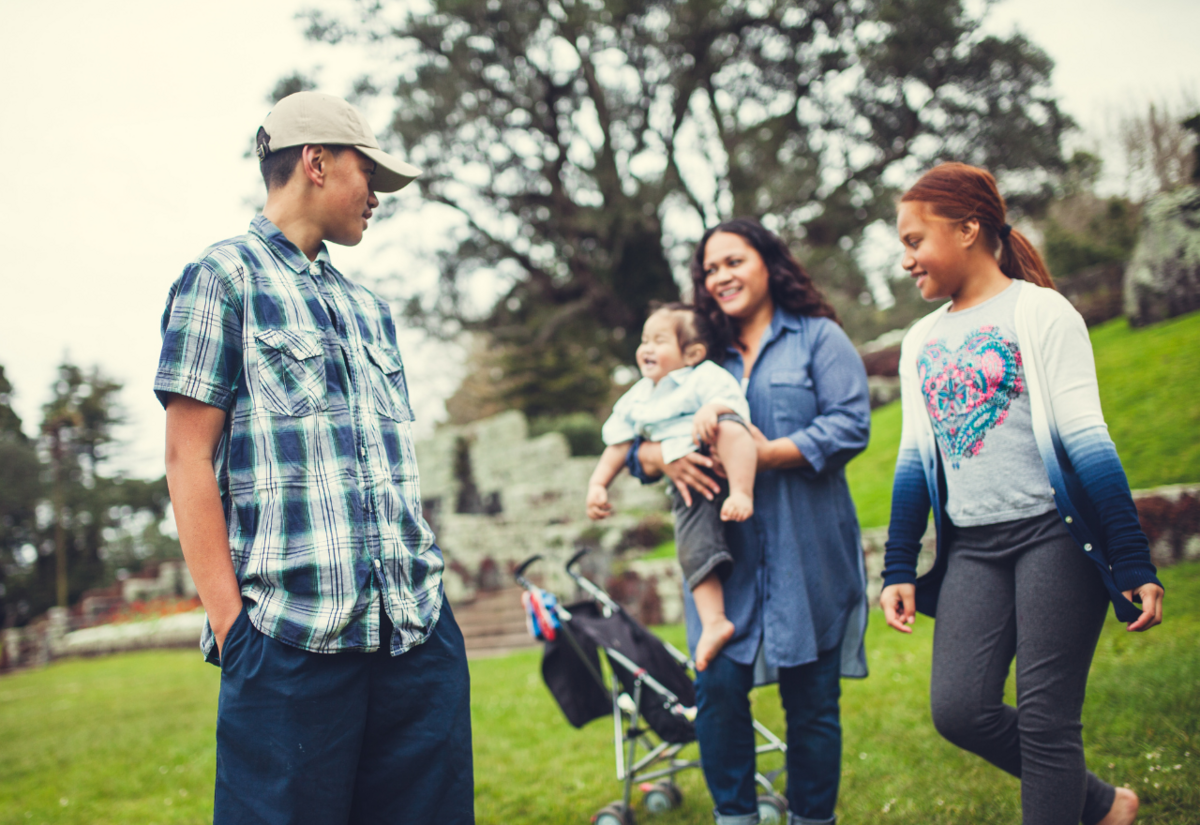Kiwi Culture
Welcoming Communities
01 January 2025, 1:19 AM

Kiwis love their slang—often short, friendly, and full of humour.
Here are a few words and phrases to get you started…
- Bach/Crib – a small, often modest holiday home or beach house. Bach is used more in the North Island while Crib is used more in the South Island.
- Barbie - BBQ
- Bugger all! – Nothing at all (e.g., "There was bugger all in the shops today.")
- Chilly bin – Cooler/ice box
- Dairy – Convenience store
- Far out! – Wow! That’s too much!
- Flat tack / Flat out – Really busy or really fast (e.g., "Work has been so busy lately, I’ve been flat out.")
- Heaps – A lot (e.g., "That’s heaps of ice cream!")
- Jandals – Flip-flops
- Knackered – Extremely tired (e.g., "I’m knackered, it was a long day at work.")
- "She’ll be right" – Everything will be OK
- Shout – Taking a turn to pay (e.g., "It’s my shout today – you bought coffee last time.")
- Smoko – Tea break
- Stuff up – Make a mistake (e.g., "Oh no, I really stuffed up this time.")
- Togs – Swimwear
- Wop wops – Middle of nowhere (e.g., "They broke down in the wop wops.")
Check out more kiwi slang:
Beginner's Guide to Kiwi English | English New Zealand
Essential Te Reo to Get You Started
While English is the most widely spoken language in New Zealand, Māori words are woven into our everyday conversations. Here are a few of the most common words and phrases:
- Aotearoa – New Zealand
- Haka – Traditional Māori war dance
- Kia ora! – Hello / Thank you
- Nau mai, haere mai – Welcome!
- Kai – Food
- Marae – Meeting grounds
- Mihi - A Mihi is a greeting/introduction in Maori (commonly used in casual setting)
- Pākehā – Non-Māori (typically of European descent)
- Pepeha - Pepeha is a way of introducing yourself in Māori.
- Waiata – Song, chant
- Waka – A canoe or vessel
- Whānau – Family
- Karakia – Prayer, blessing
Local Traditions
New Zealand has a welcoming culture with a mix of Māori and European influences. Here are a few key traditions to know:
- Manaakitanga (Hospitality): Kiwis are friendly! If invited to someone’s home, bring a small gift like wine or chocolates.
- BBQs (barbie) & Social Gatherings: Outdoor cooking is a Kiwi staple, and “bring a plate” means bring a dish to share.
- Seasonal Celebrations: Christmas is in summer, Waitangi Day (Feb 6) marks NZ’s founding, and Matariki is the Māori New Year.
- Rugby & The Haka: Rugby is huge, and the All Blacks perform the powerful haka before matches.
- Markets & Festivals: Local farmers' markets and events like the Alexandra Blossom Festival are great for meeting people.
- No Tipping Culture: Service staff don’t expect tips, but rounding up the bill is appreciated.
- Shoes Off Indoors: Many Kiwis remove shoes at the door, especially in Māori homes.
- The Kiwi Wave: In rural areas, drivers often give a casual hand or finger lift to acknowledge each other.
The Treaty of Waitangi is New Zealand’s founding document, signed in 1840 between Māori chiefs and the British Crown. It established a partnership and guaranteed Māori rights to land and resources. We recommend learning more to understand its significance in shaping New Zealand’s history and relationships today.
Are we missing something in this guide?


